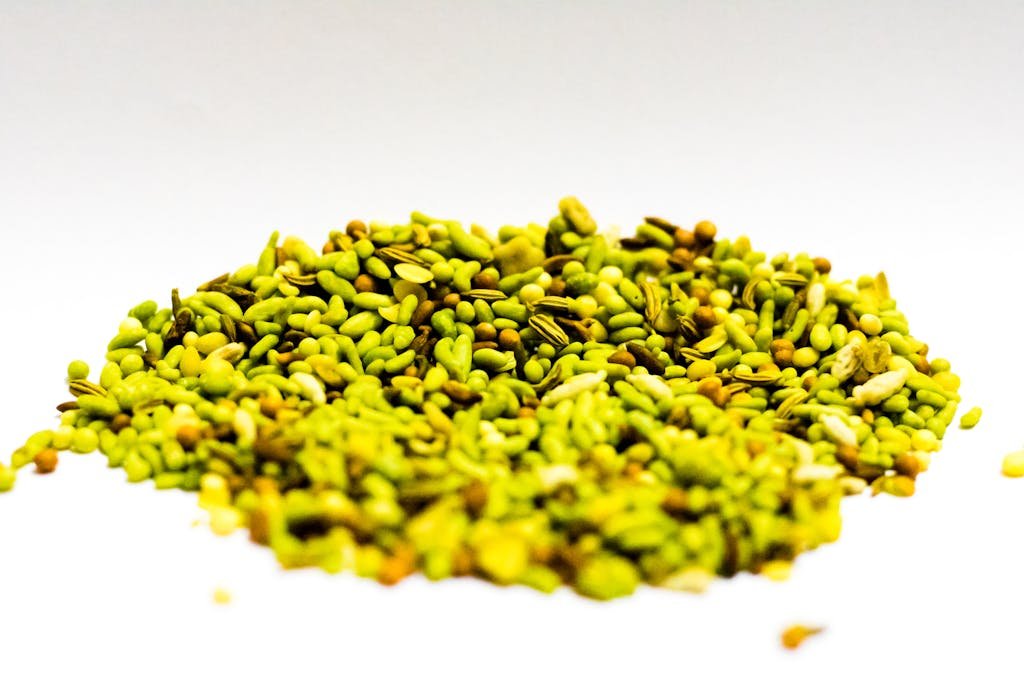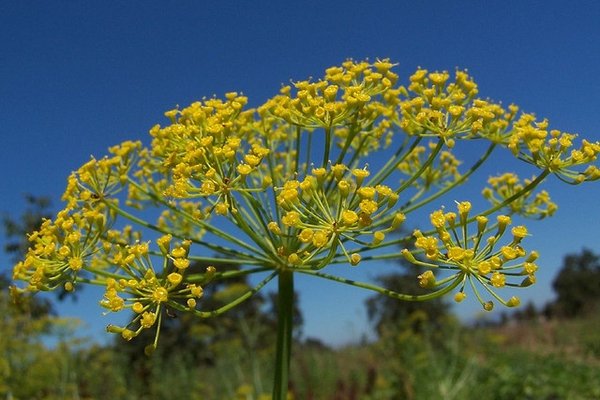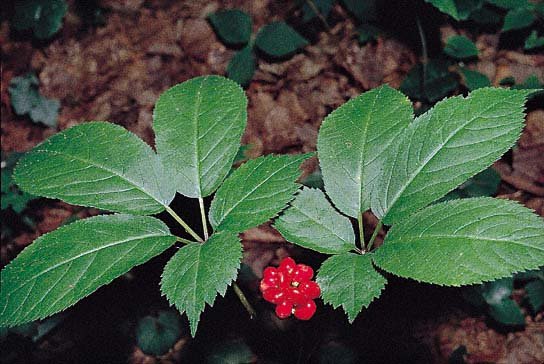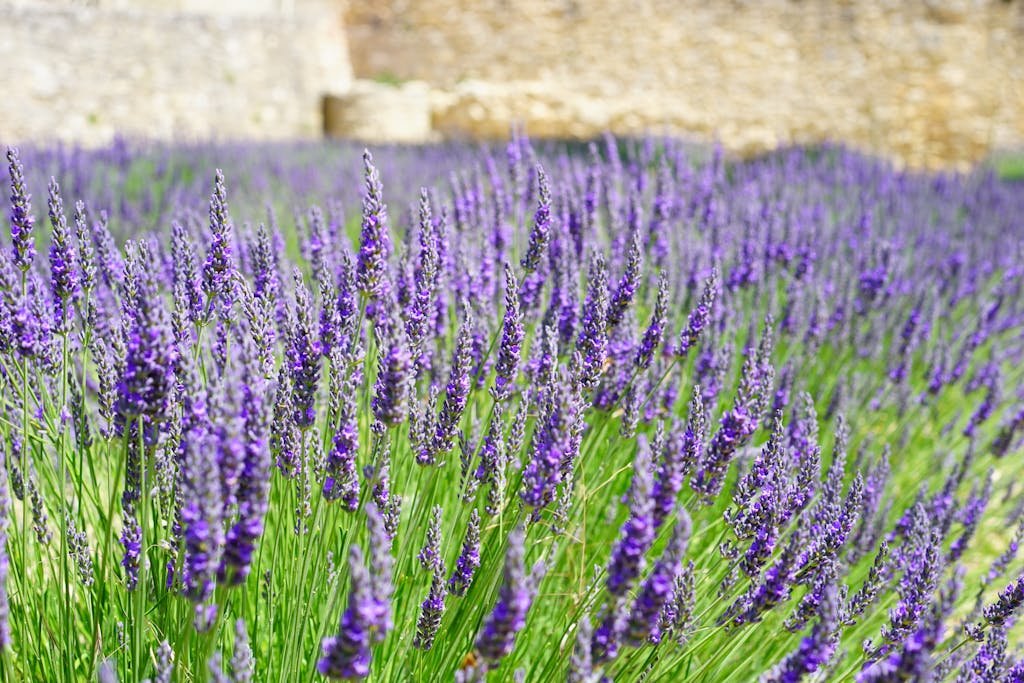Fennel – (Foeniculum vulgare)
Fennel (Foeniculum vulgare) isn’t just another plant in the garden; it’s a powerhouse of flavor and benefits that have captivated cultures around the world. From its distinctive licorice taste to its impressive array of health benefits, fennel has carved out a special place in both culinary and medicinal traditions.
This versatile herb, with its feathery leaves and robust seeds, has a history as rich as its flavor. Whether it’s adding a crunch to salads or a refreshing twist to dishes, fennel’s unique taste and aroma make it a favorite among chefs and home cooks alike. Let’s dive into the world of fennel and discover what makes this ancient herb a modern-day superfood.
Key Takeaways
- Fennel (Foeniculum vulgare) is a nutrient-dense herb offering a range of health benefits, including improved digestion, antioxidant properties, and heart health support due to its rich content of fiber, vitamin C, calcium, iron, and magnesium.
- Beyond its health benefits, fennel is highly valued in culinary traditions for its versatile use in dishes, offering three distinct parts—the bulb, fronds, and seeds—for cooking, each enhancing recipes with its unique flavor and texture.
- Historically, fennel has been appreciated not just for its culinary versatility but also for its medicinal properties, dating back to ancient civilizations like the Romans, Greeks, and Egyptians who revered it for its health benefits and protective qualities.
- Growing fennel in one’s garden requires consideration of its environment, as it thrives in sunny locations with well-drained, fertile soil, and benefits from specific companion planting to enhance growth and attract beneficial insects.
- Incorporating fennel into meals contributes significant nutritional value and supports overall health, making it a valuable addition to a balanced diet and a testament to its enduring popularity in cuisines and medicinal practices worldwide.
Benefits of Fennel
Fennel (Foeniculum vulgare) is more than just a flavorful herb used in cooking; it’s a powerhouse of nutrition and health benefits. Its unique combination of phytonutrients, including quercetin and anethole, makes fennel highly beneficial for health, backed by various studies and research.
Rich in Nutrients
First and foremost, fennel is incredibly nutrient-dense. It’s packed with fiber, vitamin C, calcium, iron, and magnesium, supporting overall health. A single cup of fennel bulb offers a generous amount of dietary fiber, essential for digestive health.
| Nutrient | Amount per Serving |
|---|---|
| Dietary Fiber | 3.1 g |
| Vitamin C | 10.4 mg |
| Calcium | 43 mg |
| Iron | 0.64 mg |
| Magnesium | 15 mg |
Supports Digestive Health
Fennel has long been renowned for its digestive benefits. It can help alleviate bloating and improve digestion due to its anti-inflammatory and antispasmodic properties. These properties facilitate the relaxation of the muscles in the digestive tract, making fennel a go-to remedy for digestive discomfort.
Antioxidant Properties
Fennel’s antioxidant activity is thanks to its rich array of plant compounds, including flavonoids like quercetin. These antioxidants combat oxidative stress and protect the body against various diseases. Notably, anethole, the primary component of fennel essential oil, has been found to reduce inflammation and even inhibit the growth of certain types of cancer cells.
Promotes Heart Health
Incorporating fennel into one’s diet can have positive effects on heart health. Its fiber, potassium, folate, and vitamin C content can help lower blood pressure and reduce the risk of heart disease. Fennel’s potassium content, in particular, plays a crucial role in controlling heart rate and blood pressure.
The versatility of fennel extends beyond its culinary uses. Its health benefits make it a valuable addition to a balanced diet.
Culinary Uses of Fennel
Fennel, with its unique blend of herbaceous, sweet, and slightly anise-flavored notes, has long graced culinary traditions around the globe. Its versatility in the kitchen is unmatched, offering three distinct parts for cooking: the bulb, fronds, and seeds. Each component plays a transformative role in recipes, infusing dishes with a burst of flavor and texture.
The Bulb: Often the star of the show, the fennel bulb offers a crisp, slightly sweet flavor that can elevate salads and slaws to new heights. When sautéed or roasted, it caramelizes, releasing a richness that complements proteins like fish, chicken, and pork beautifully. A thin slice can add a refreshing crunch to sandwiches, while larger chunks blend seamlessly into casseroles and stews.
The Fronds: These delicate, dill-like leaves serve as an excellent garnish, adding a final touch of fresh, herbal brightness to dishes. They’re not just for looks; their feathery texture and subtle flavor make them a fantastic addition to dips, sauces, and dressings.
The Seeds: Fennel seeds, with their potent licorice flavor, are a powerhouse in the spice world. They’re essential in many spice mixes, including Italian sausage seasoning and Indian panch phoron. Toasting the seeds before use unlocks their aromatic oils, enhancing savory dishes, bread, and desserts alike.
Beyond flavor, incorporating fennel into meals contributes significant nutritional value. Fennel’s high fiber content supports digestion, while its array of vitamins and minerals, including vitamin C, calcium, and iron, bolster overall health.
Its adaptability extends to a myriad of global cuisines – from the Italian classic of fennel with oranges and olives in salads to the indispensable role of fennel seeds in Indian chutneys. This culinary chameleon seamlessly transitions from raw to cooked forms, proving that fennel is much more than just a garnish or an after-dinner digestive aid.
Innovative chefs and home cooks alike continue to explore fennel’s potential, finding new ways to showcase its flavor profile. Whether it’s blended into soups, braised as a hearty side, or incorporated into desserts for an unexpected twist, fennel consistently delivers both on taste and nutrition.
History of Fennel
Fennel, with its scientific name Foeniculum vulgare, has a vibrant history that spans centuries and continents. Known for its distinctive licorice flavor, fennel has been appreciated not just for culinary purposes but also for its medicinal properties. Historical records suggest that the Romans, Greeks, and Egyptians were among the first to recognize the value of this versatile herb.
In ancient Greece, fennel was associated with Dionysus, the god of wine and festivity, reflecting the plant’s esteemed position in Greek culture. It was believed to bestow long life, improve strength, and provide courage. The Greeks named the herb “marathon,” relating to the historical battle of Marathon where it’s said that the ground was covered with fennel.
The Romans, on their part, revered fennel for its healing properties, particularly for digestive issues. Roman soldiers were known to consume fennel to maintain their strength during long journeys. Additionally, in Roman cuisine, fennel was a common ingredient, used to enhance the taste of various dishes.
Moving to the Middle Ages, fennel’s popularity soared in Europe. It was cultivated in monastery gardens and used for its health benefits, which included treating coughs, colds, and indigestion. The plant was also believed to ward off evil spirits, and its seeds were stuffed into keyholes to keep ghosts at bay.
In medieval times, fennel found its way into many households as a staple ingredient. It was used to prepare a variety of dishes, including soups, stews, and salads. The seeds, particularly, were valued for their flavor and were used as a condiment.
It’s not just the culinary flexibility of fennel that has made it a fixture in gardens and kitchens around the world; its health benefits are equally remarkable. Packed with fiber, vitamin C, calcium, iron, and magnesium, fennel offers a wealth of nutritional value. It has been shown to improve digestion, reduce inflammation, and even lower blood pressure.
Today, fennel continues to be a beloved ingredient in cuisines worldwide. Its unique taste and health benefits ensure that it remains a culinary favorite, and ongoing research into its medicinal properties suggests that there’s still much to learn about this ancient herb.
Growing Fennel in Your Garden
Fennel, Foeniculum vulgare, presents an opportunity for gardeners to cultivate a plant with both culinary and medicinal benefits. Thriving in hardiness zones 4 through 9, fennel is adaptable to various climates but prefers sunny locations with well-drained, fertile soil. The herb is unique in that it can be grown for its bulb-like base, feathery leaves, or seeds, each offering distinct flavors and uses in the kitchen.
When planting fennel, gardeners should consider the space it requires. Fennel can grow up to 5 feet tall and 2 feet wide, necessitating sufficient room for development. For best results, seeds should be sown directly into the garden after the last frost of spring. The plant detests being moved, so transplanting is not recommended. Instead, sow seeds half an inch deep and 12 to 18 inches apart.
Fennel’s growth is rapid, with some varieties maturing in as little as 80 days. Watering should be regular, ensuring the soil remains moist but not waterlogged. Mulching around the plant can help retain soil moisture and suppress weeds. Feeding is not typically necessary if the soil is rich, but a balanced, slow-release fertilizer can promote lush growth.
Pests and diseases are not significant problems for fennel, but it’s vigilant to watch for aphids and whiteflies. An application of neem oil or insecticidal soap can manage these pests without resorting to harsh chemicals.
Companion Planting With Fennel:
Fennel should be planted away from most vegetables and herbs as it can inhibit their growth. However, it thrives alongside plants like:
- Dill
- Calendula
- Nasturtiums
These companions can help attract beneficial insects that prey on pests, enhancing the ecosystem of your garden.
Incorporating fennel into the garden not only adds a versatile herb for kitchen use but also attracts pollinators like bees and butterflies, contributing to the overall health of the garden ecosystem.
Fennel’s journey from ancient civilizations to modern gardens underscores its enduring appeal. Its rich nutritional profile and versatility in cooking make it a favorite across cultures. Whether you’re looking to add flavor to your dishes or enhance your garden’s biodiversity, fennel offers a world of benefits. By following the simple guidelines for cultivation, you can enjoy this aromatic herb’s delights. Embrace the legacy of fennel and discover how it can enrich both your diet and your gardening experience.




